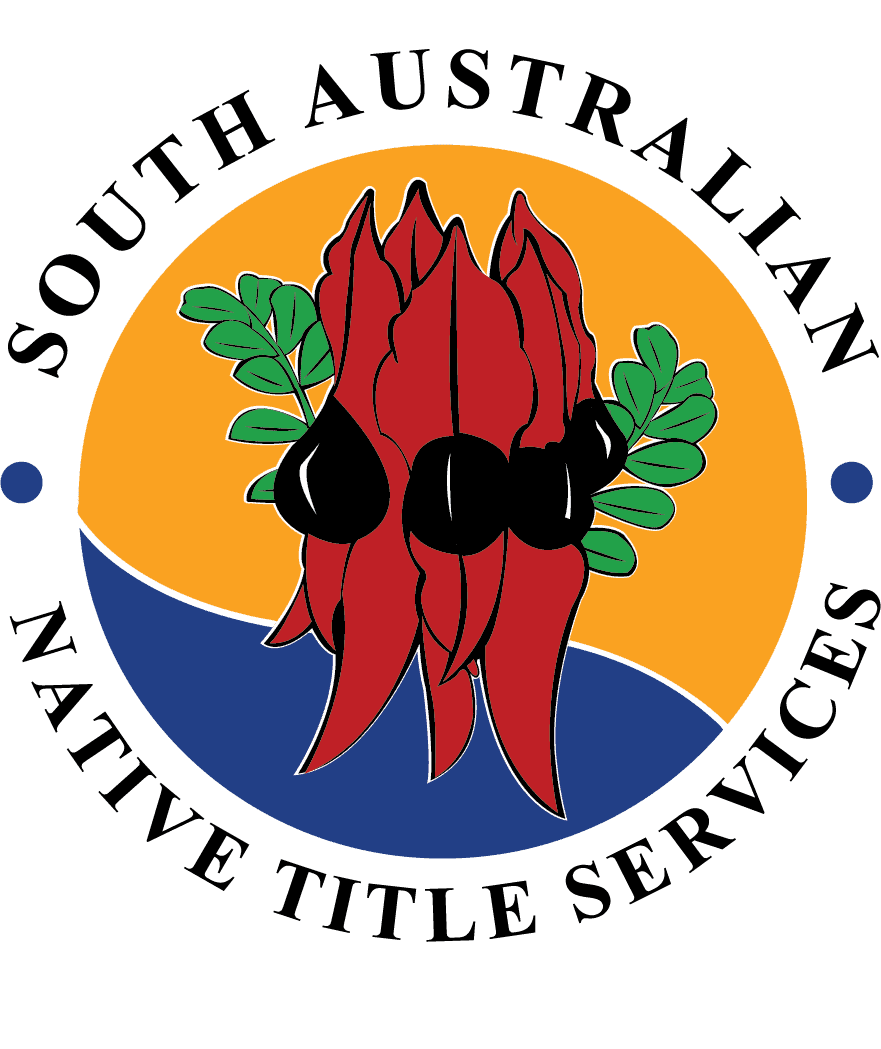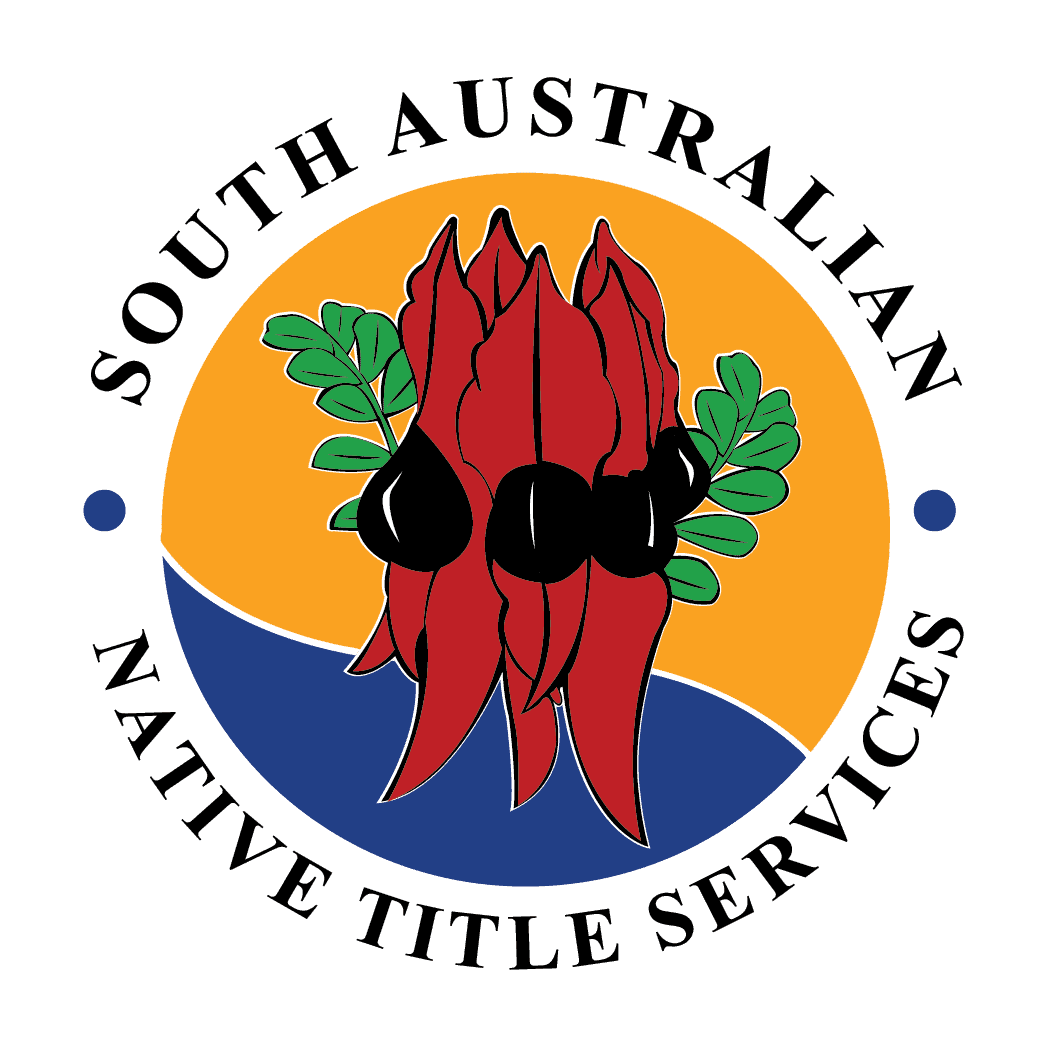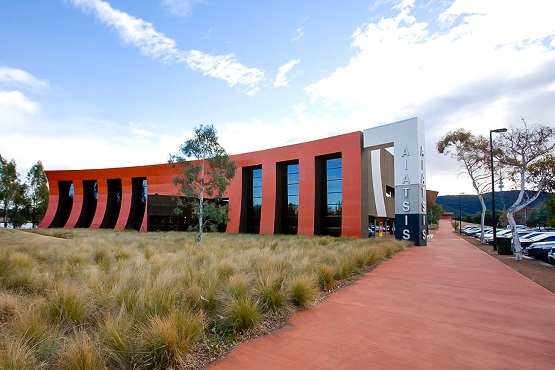The Australian Institute of Aboriginal and Torres Strait Islander Studies (AIATSIS) is calling for the development of a dedicated Aboriginal and Torres Strait Islander precinct in Canberra.
Craig Ritchie, the CEO of AIATSIS told Aboriginal Way that the bold idea is “an opportunity to invest in and to support Aboriginal and Torres Strait Islander people, to tell our story to the nation”.
“We think that if you look at the way the national capital tells the story of Australia, the glaring omission is Aboriginal and Torres Strait Islander components of our national story” Mr Ritchie said.
The precinct would include a new home for AIATSIS, a National Indigenous Cultures and Knowledges Centre and a National Resting Place, which would be for repatriated ancestral remains that are not able to be returned to their own country.
“We think that it’s really important that there’s a national place that appropriately cares for, and respectfully cares for,
our ancestral remains in that situation” Mr Ritchie said.
AIATSIS is working on collaborations to make the vision a reality.
“We will be looking for partners who are keen to join with us in our vision of making sure that we live in a world where our cultures, our knowledges, are not only recognised and respected, but celebrated and valued.
“We’re talking to the Government about how important this is, what an opportunity this is to invest in and to support Aboriginal and Torres Strait Islander people, to tell our story to the nation.
“We’ll also continue to engage with the private sector, to try and generate support” he said.
AIATSIS has called the ambitious proposal the Ngurra Project.
“Ngurra is a word that it appears in many different Aboriginal languages around the country, that basically has
the same meaning. It’s the word for ‘home’, ‘camp’, ‘a place of belonging’, ‘a place of inclusion’” Mr Ritchie said.
The proposal is a key initiative of the 55- year-old institution’s new strategic plan, which covers their priorities and activities for next five years.
On launching the plan late last year, Mr Ritchie called AIATSIS “the nation’s best kept secret”.
He explained to Aboriginal Way that while AIATSIS is known to many people, the knowledge of the general public about the research institution is low.
“For stakeholders that have had a bit to do with the organisation, so the native title sector, for example, and the academy, museums and the cultural sector, people in those areas are fairly familiar with us.
“But in terms of people just generally, the general public, knowing ‘oh, there’s AIATSIS over there – what is it that
you do? Are you part of the museum? Are you part of ANU?’ Many people just don’t know” he said.
“Fairly tight” funding has been a challenge for the organisation in recent years and that has influenced its public profile, Mr Ritchie said.
“We tended, I think, to be a fairly inward-facing institution” he said.
The new strategic plan presents ambitions to change that. AIATSIS’ vision is to create “a world in which Aboriginal and Torres Strait Islander people’s knowledge and cultures are recognised, respected, celebrated and valued” and through that to “help Australia forge a more inclusive national identity”.
“We have a real responsibility to be speaking to the nation about the first component of our strategic plan, to tell the story of Aboriginal and Torres Strait Islander Australia” Mr Ritchie said.
According to Mr Ritchie, the organisation’s ambitions to be more public comes at crucial time for Australia.
“It’s a really important time in the history of the nation, I think. It’s at a time when questions of who we are nationally, and national identity are front and centre in lots of people’s minds.
“You have on the one hand a fairly resurgent, conservative perspective on Australian national identity that positions our Australian identity as something that’s largely white, Anglo, and Christian.
“In an environment like that, there’s not a lot of room for migrant populations, there’s not a lot of room for Indigenous culture and heritage.
“We think we have a responsibility to work with Indigenous Australians and communities, to be able to make sure that our story is being told, and it’s being told by us, by Indigenous Australians” he said.
In this Year of Indigenous Languages, AIATSIS will also pursue what it calls a “Resurgence Initiative” that is about contributing to cultural resurgence across Aboriginal and Torres Strait Islander Australia.
“Over the next year or two, we will publish somewhere between 20 and 25 Indigenous language dictionaries” Mr Ritchie explained.
“That will become a really important tool and resource for communities and educators and academics to support the resurgence of Aboriginal languages, and Torres Strait Islander languages.
“It is absolutely critical to language revitalisation that you have a dictionary. Not just a word list, but a really good dictionary” he said.
AIATSIS will also focus on “transformation”, starting with young Australian students.
“It’s really healthy to transform people’s understanding about Indigenous Australia, and that will include a real focus on school education and curriculum issues, a well as supporting better teaching of Indigenous Australia’s history and cultures, in our school education in classroom context” Mr Ritchie said.
As part of that initiative, AIATSIS will produce textbooks and classroom resources for Australia primary schools.
“We think that if you don’t transform the way that Australians think about Indigenous Australia, and think about what really is the first story of this country, the 65,000 year old story of Indigenous Australia, then schools are a really critical vehicle for transforming people’s understanding” Mr Ritchie said.
In further educational activity, AIATSIS will offer a cultural awareness program to the corporate sector.
“That’s really about giving people the skills that they need in their professional life, to be able to engage respectfully with Aboriginal and Torres Strait Islander people. It’s a foundation course, it’s not meant to replace face to face engagement at a local level, which is absolutely critical. It’s meant to support and to drive that local engagement” said Mr Ritchie.
AITSIS is looking to use information technology to reach out from its Canberra base.
“This is really looking at options that are available to the institute to be genuinely national in our focus, and to think about how we can extend both our influence, but also our presence, physically and digitally across the country.
“And so we want to be working particularly with the states and the territories on what those options might look like, but also thinking about having the kind of online presence that means, even though we’re a Canberra based institution, we’re really trying to be everywhere” Mr Ritchie told Aboriginal Way.
AIATSIS will also continue to work to raise the profile of Australian Indigenous people internationally Mr Ritchie said, with several research partnerships established with institutions across the UK, Canada and New Zealand.
As Australia’s Indigenous research organisation looks to the future, its CEO has also been looking to the past and the original reasons the organisation was established in the 60s.
“I read some of the speeches that were made in Parliament, in the debates in 1964 leading up to the passage of the first Act that established the institute. And one of the things that struck me about that was the sentiment expressed by several of the people who were speaking in Parliament” Mr Ritchie told Aboriginal Way.
“They spoke about how important this institution is, not just to Aboriginal people, and not just to Australians, but to humanity at large. And I was really excited about that, I was a bit surprised, I’m going to say, that such sentiments were expressed in 1964.
But it really spoke to the role that the institute has, not just in relation to Indigenous people, but also to all Australians, but also internationally” he said.
The AIATSIS Strategic Plan 2018–2023 is available on their website www.aiatsis.gov.au
By Lucy Kingston
SANTS acknowledges that the land on which our office is based is the traditional lands for the Kaurna people and we respect their spiritual and cultural relationship with their country.



 Protected by Patchstack
Protected by Patchstack